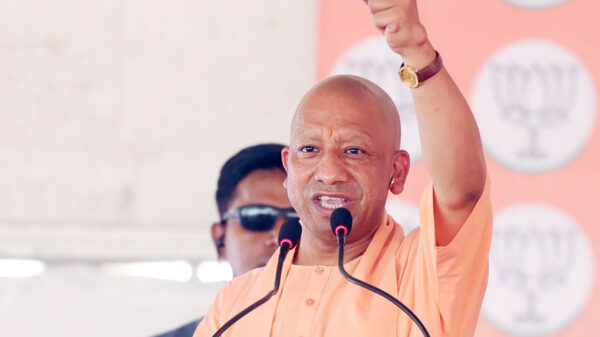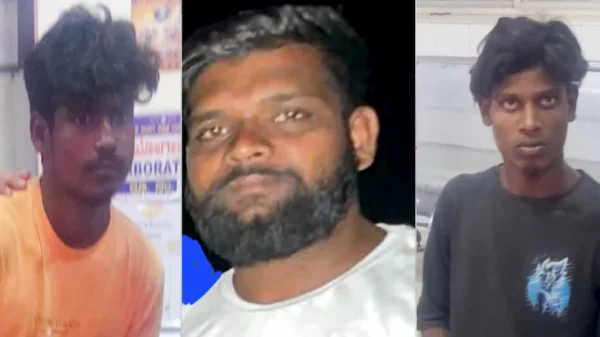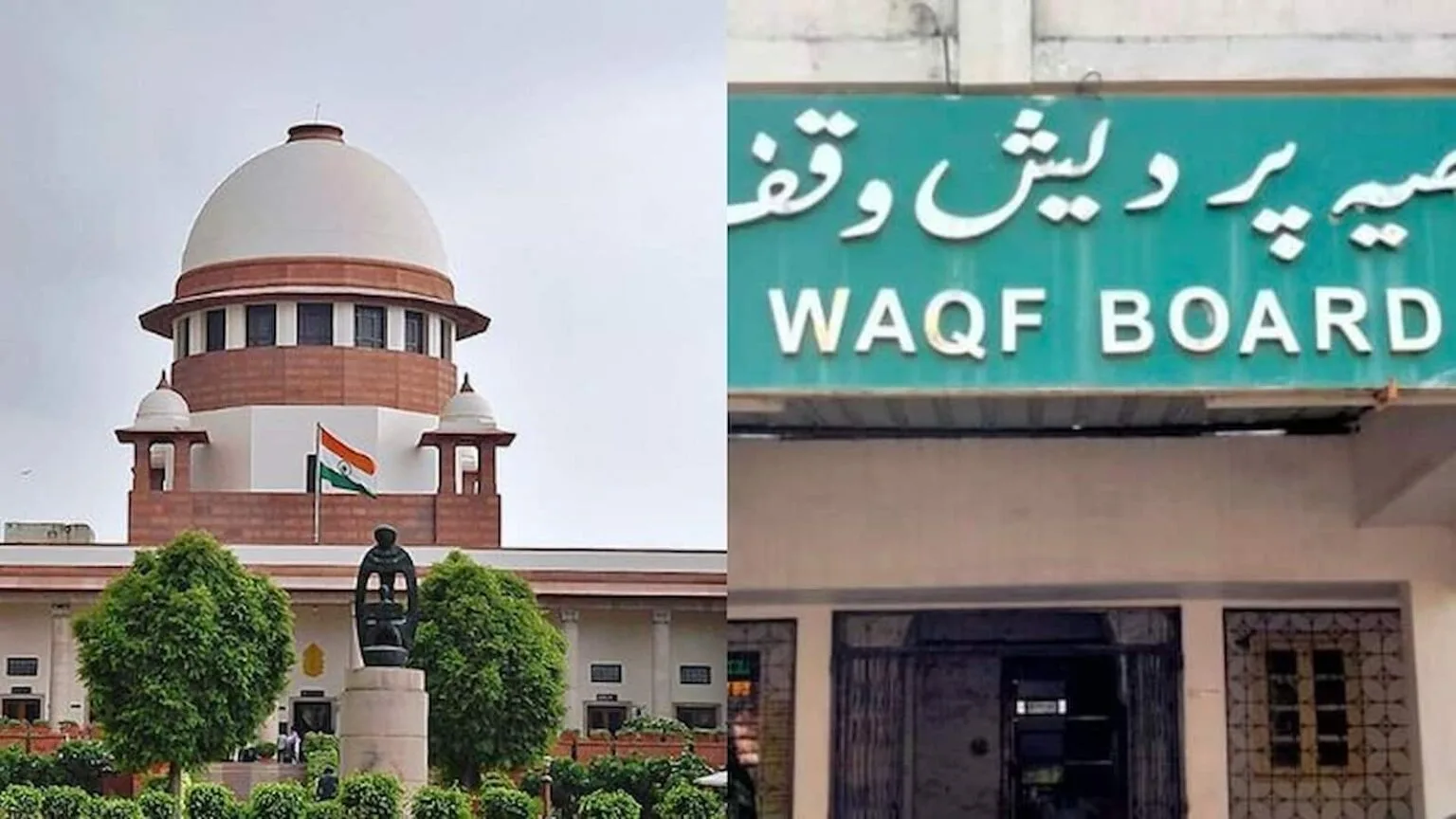The Supreme Court is set to hear a batch of petitions on May 5, 2025, challenging the constitutional validity of the Waqf (Amendment) Act, 2025. This comes after the Centre assured the Court that it would pause the two most contentious aspects of the law while it considers the case.
Solicitor General Tushar Mehta, representing the government, confirmed on April 17 that no waqf properties, including ‘waqf by user’, would be denotified, and no new appointments to the Central Waqf Council or boards would be made until May 5.
The law, which was passed by Parliament, has sparked controversy, particularly the provision that allows ‘waqf by user’, a practice where properties are recognized as religious or charitable endowments based on their long-term use for such purposes, even without formal declaration.
The Court had earlier stated that waqf properties registered under this practice would not be disturbed until the next hearing. The Centre has strongly opposed calls for a stay on the law, arguing that it has been deliberately passed and has a presumption of constitutionality.
The Waqf (Amendment) Act seeks to address the growing concern of misuse of waqf provisions and land encroachments. The Centre claims that after the 2013 amendment, the addition of 20 lakh acres of waqf land was significant, with a 116% rise since that time. The government also pointed to the issue of private and government properties being claimed as waqf under the ‘waqf by user’ practice.
However, Muslim bodies, including the All India Muslim Personal Law Board (AIMPLB), have raised concerns about the accuracy of the data provided by the government. The AIMPLB has accused the Centre of submitting false data to the Supreme Court and demanded action against officials responsible for the misrepresentation.
The Waqf (Amendment) Act, 2025 has garnered significant political attention. Several parties, including DMK, YSRCP, AIMIM, and the Left, as well as civil society organizations and Muslim groups, have challenged the law in the Supreme Court.
The government’s push for the law was bolstered by significant parliamentary support, with 288 MPs voting in favor in the Lok Sabha and 128 members in the Rajya Sabha. However, 232 MPs and 95 Rajya Sabha members opposed the amendments.
The Supreme Court will examine the matter with a batch of five petitions, including one from AIMIM chief Asaduddin Owaisi, who has been a vocal critic of the amendments. The Court is expected to deliver its ruling on whether the Waqf (Amendment) Act will stand or be struck down.






























































